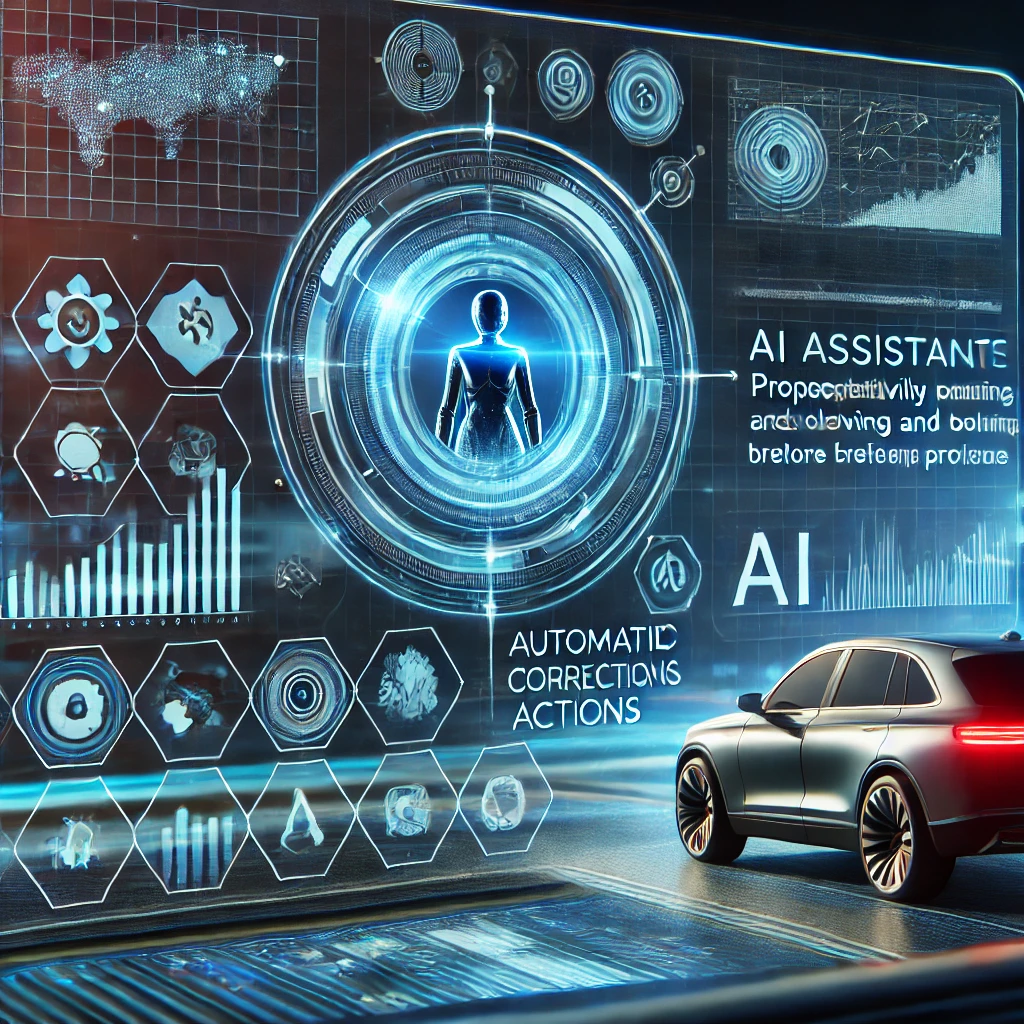



In the rapidly evolving landscape of artificial intelligence, the role of AI agents has shifted from being mere responders to proactive problem solvers. AI-driven automation is no longer just about executing commands; it is about predicting issues before they arise, identifying optimal solutions, and taking action autonomously. This transition marks a significant leap toward intelligent systems that work alongside humans to enhance efficiency, productivity, and decision-making.
Understanding Proactive AI Agents
Proactive AI agents differ from reactive systems in their ability to anticipate problems and address them before they escalate. Traditional AI operates based on explicit user queries or predefined triggers. In contrast, proactive AI agents analyze patterns, learn from historical data, and infer potential risks to suggest or execute solutions autonomously.
Key Capabilities of Proactive AI Agents
- Predictive Analytics: Leveraging machine learning and data science, AI agents can foresee trends and anomalies, allowing businesses to make data-driven decisions ahead of time.
- Autonomous Decision-Making: By integrating reinforcement learning and rule-based logic, AI agents can take corrective actions without human intervention.
- Context Awareness: Understanding the environment through multi-modal data analysis enables AI to make informed predictions.
- Self-Improvement: AI agents continuously refine their models based on real-time feedback, making them more effective over time.
Applications of Proactive AI in Business
1. Customer Support & Engagement
Modern AI-powered chatbots and virtual assistants go beyond answering queries. They analyze customer behavior and proactively offer solutions, such as resolving issues before complaints arise or recommending relevant products.
2. IT and Cybersecurity
AI agents monitor systems for potential threats, detect anomalies, and implement protective measures before breaches occur, reducing downtime and mitigating risks.
3. Sales & Marketing Optimization
Proactive AI in sales leverages behavioral data to predict customer needs, optimize outreach timing, and personalize recommendations, significantly improving conversion rates.
4. Supply Chain & Operations
AI agents anticipate delays, optimize inventory management, and prevent bottlenecks by analyzing demand forecasts and logistical constraints.
5. Healthcare & Diagnostics
By analyzing patient data, AI can predict disease risks, alert medical professionals about potential complications, and suggest preventive care strategies.
The Future of Proactive AI Agents
With advancements in Generative AI and Large Language Models (LLMs), proactive AI agents are set to become even more sophisticated. The integration of AI into autonomous workflows will empower businesses to operate seamlessly with minimal human intervention. However, ethical considerations and responsible AI deployment will be crucial in ensuring transparency and accountability in decision-making.
Final Thoughts
Proactive problem-solving by AI agents is reshaping industries by introducing efficiency, reducing costs, and enhancing user experiences. As AI continues to evolve, businesses that leverage these intelligent systems will gain a competitive edge in an increasingly automated world.


